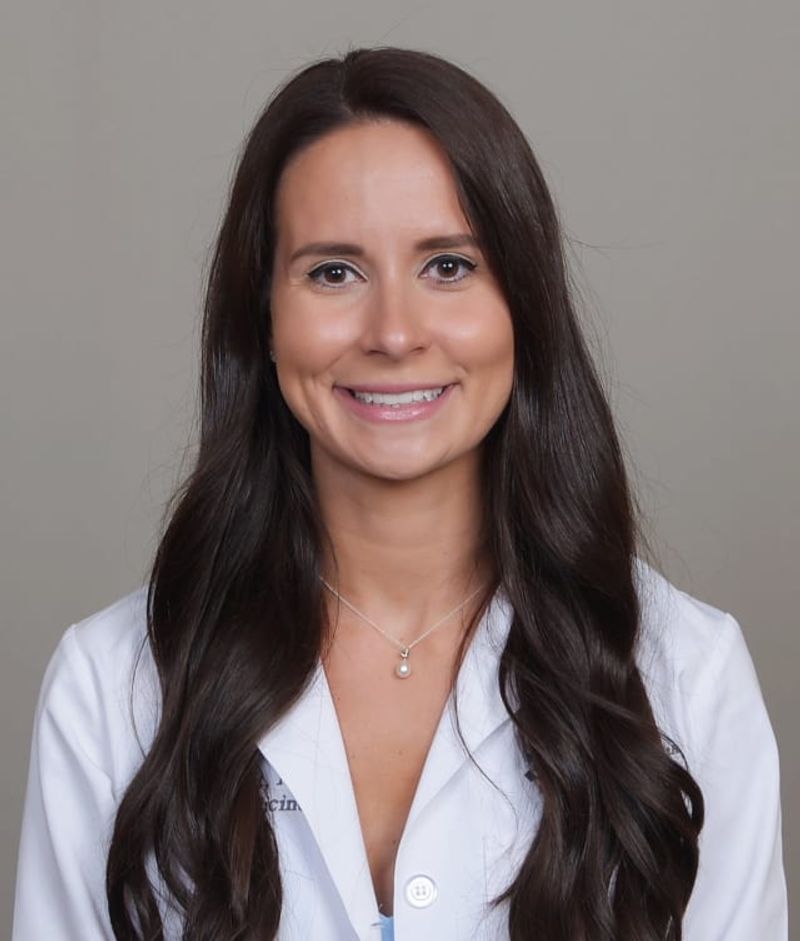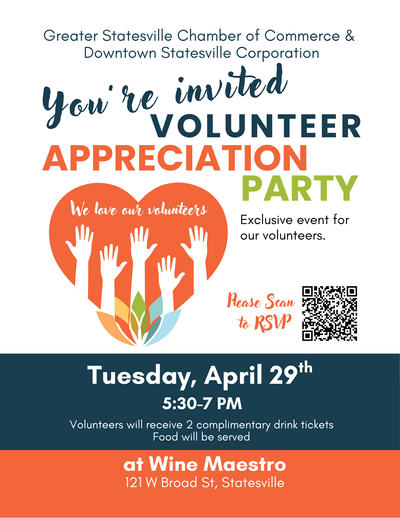Understanding RSV and When to Seek Help

Your baby wakes up with flushed cheeks, warm skin, a runny nose, and a cough. You grab the thermometer and it reads 101° F. As a parent, you want to protect your child from anything that could harm them, so your child’s sickness can be scary.
One of the most common sicknesses in babies and young children is respiratory syncytial virus, or RSV.
“An interesting fact is that almost all children get RSV at least once before they are 2 years old,” said Judith Albert, a physician at Family Care Center of Mooresville, part of Iredell Health System.
You may have recently heard of RSV as an unusual wave hit the south late this past spring. While RSV typically surges from October to May, this early wave is likely due to the relaxing social distancing and masking guidelines.
However, just because there were many cases earlier this year does not mean it won’t spread this winter. According to Albert, the peak RSV season is January and February.
What is RSV?
So, what exactly is RSV?
RSV is one of the many viruses that can cause respiratory tract illness, which encompasses your nose, throat, and lungs. It can affect all ages, but the most affected age group is children less than 1-year-old.
“It is the most common lower respiratory tract disease in children younger than 1, and reinfection is probable,” said Albert.
According to Albert, RSV symptoms are similar to those of a common cold. Symptoms include sneezing, congestion, coughing, a fever higher than 100.4° F, fussiness, and poor feeding. Symptoms usually worsen after three to five days of having the illness.
In most cases, RSV is mild; however, it can cause other infections like pneumonia and bronchiolitis that require a doctor’s visit.
“When this occurs, symptoms may include typical cold symptoms plus flaring of the nostrils, fast breathing, belly breathing, caving or tugging between your child’s ribs, and wheezing or grunting during breathing,” she said.
Anyone can get RSV, but some are considered high risk for developing more serious complications and infections. Higher risk children include:
- Infants 6 months and younger, particularly those born in the first half of RSV season
- Children with underlying lung disease or heart defects
- Infants born before 35 weeks of gestation
- Children with weakened immune systems due to illness or treatments
How does RSV spread?
RSV spreads just like any other common cold. It passes between people via physical contact or infected droplets that travel through the air when you cough or sneeze.
“Some other ways it can spread is from direct contact with saliva, mucus, or nasal discharge and also from unclean hands or surfaces,” said Albert.
According to Albert, RSV can survive on unwashed hands for about 30 minutes and on objects for around 6 hours.
What should I do if I think my child has RSV?
Since the majority of RSV cases are mild, children typically recover on their own. Treatment for mild infections may involve relieving your child’s symptoms.
For example, to reduce low-grade fevers, you can use acetaminophen or ibuprofen.
“Just as you would with any other cold, you can use nasal saline with gentle suction to clear your child’s nasal passages and allow for easier breathing and feeding,” said Albert. “Even propping your child up in bed when sleeping will allow the sinuses to drain.”
Albert also recommends implementing more frequent feedings as it increases your child’s hydration.
A more severe case of RSV may cause your child’s breathing to become compromised. In this case, it is important to intervene early and consult with your doctor.
When should I see a doctor?
According to Albert, you should call your doctor if your child develops any of the following symptoms:
- Belly breathing or fast breathing
- Nasal flaring
- Pauses in breathing
- Signs of dehydration — dry and cracked lips, no tear production, or a decrease in wet diapers (ex. less than one diaper every 6-8 hours)
- Significantly decreased activity and alertness
“Because their immune system is already in overdrive, some children with RSV have an increased propensity to develop a co-bacterial infection like an earache,” said Albert.
You should be on the lookout for symptoms such as a fever higher than 104° F, poor sleep, fussiness, or ear tugging and drainage, which worsen or do not improve after seven days.
How can I prevent my child from getting RSV?
The best way to prevent the spread of RSV is to wash your hands and your child’s hands frequently.
“Teaching your child the proper handwashing technique is crucial,” said Albert.
This includes washing your hands with soap and warm water and scrubbing for at least 20 seconds.
You can also prevent the spread of RSV by limiting your child’s exposure to those that are sick, vaccinating your child according to their doctor’s guidance, and disinfecting their toys frequently.
“Medicine is always advancing and improving. There are currently researchers looking at vaccines and medications to treat RSV. So, stay tuned,” said Albert.
Dr. Judith Albert practices at Family Care Center of Mooresville located inside the Iredell Mooresville campus at 653 Bluefield Road. She is accepting new patients and treats those of all ages — babies, children, and adults. If you would like to schedule an appointment with Dr. Albert, please call the office at 704-360-6580.































